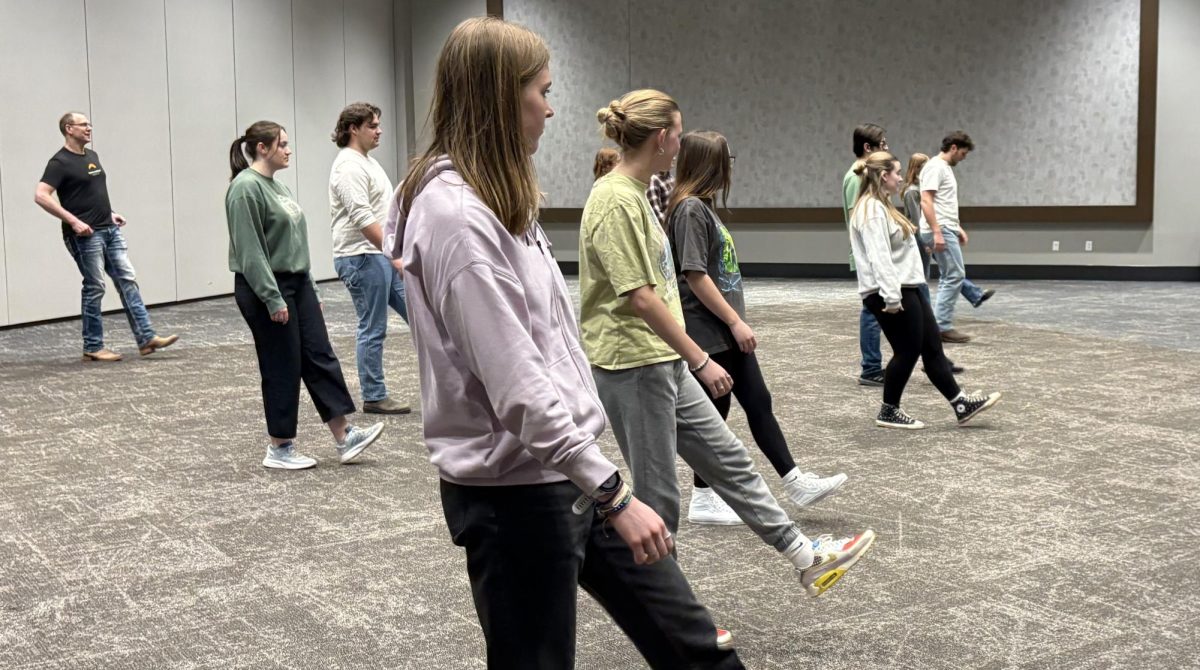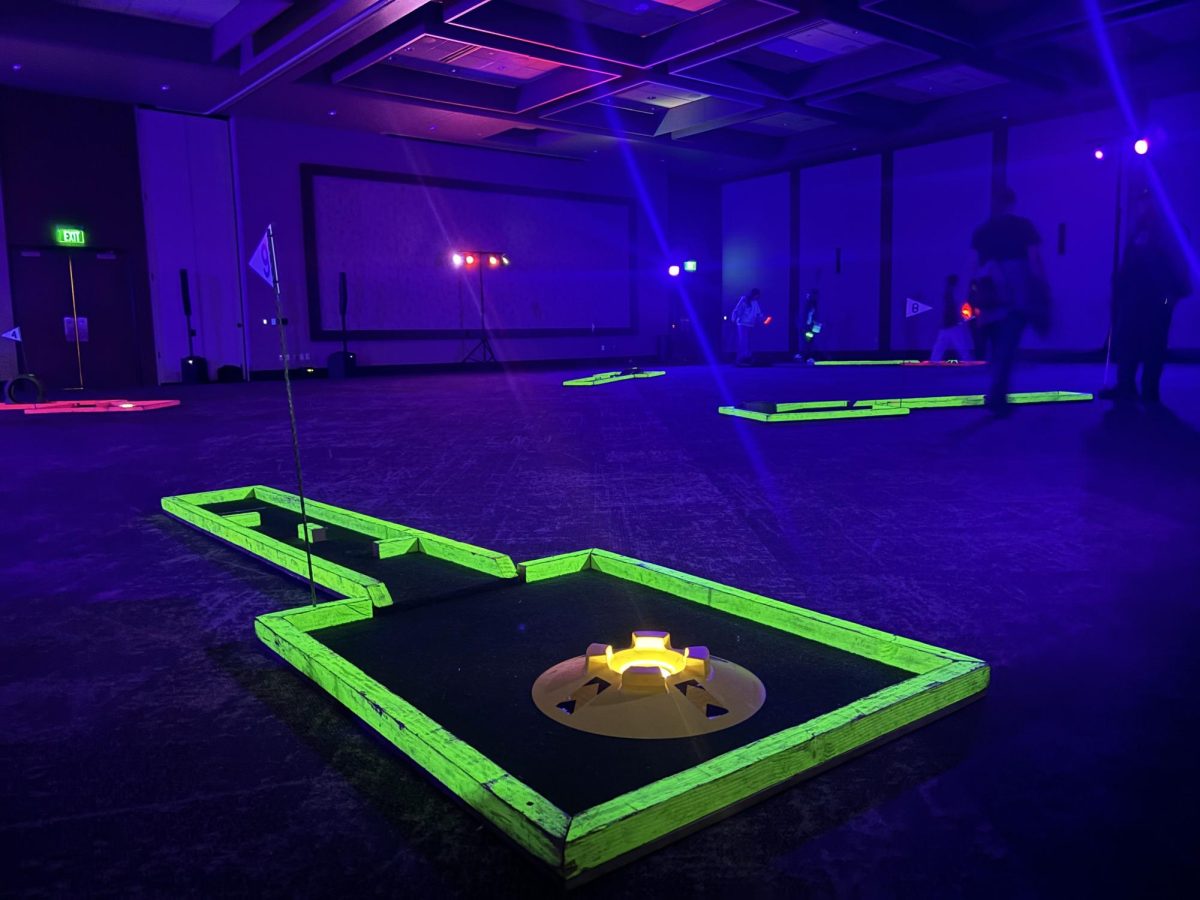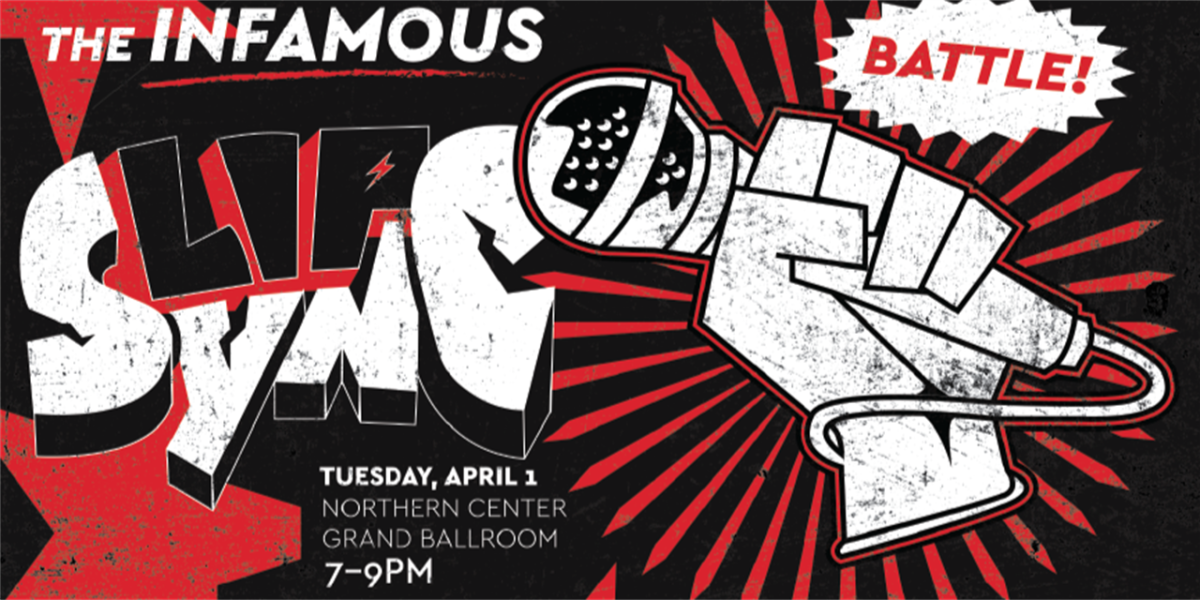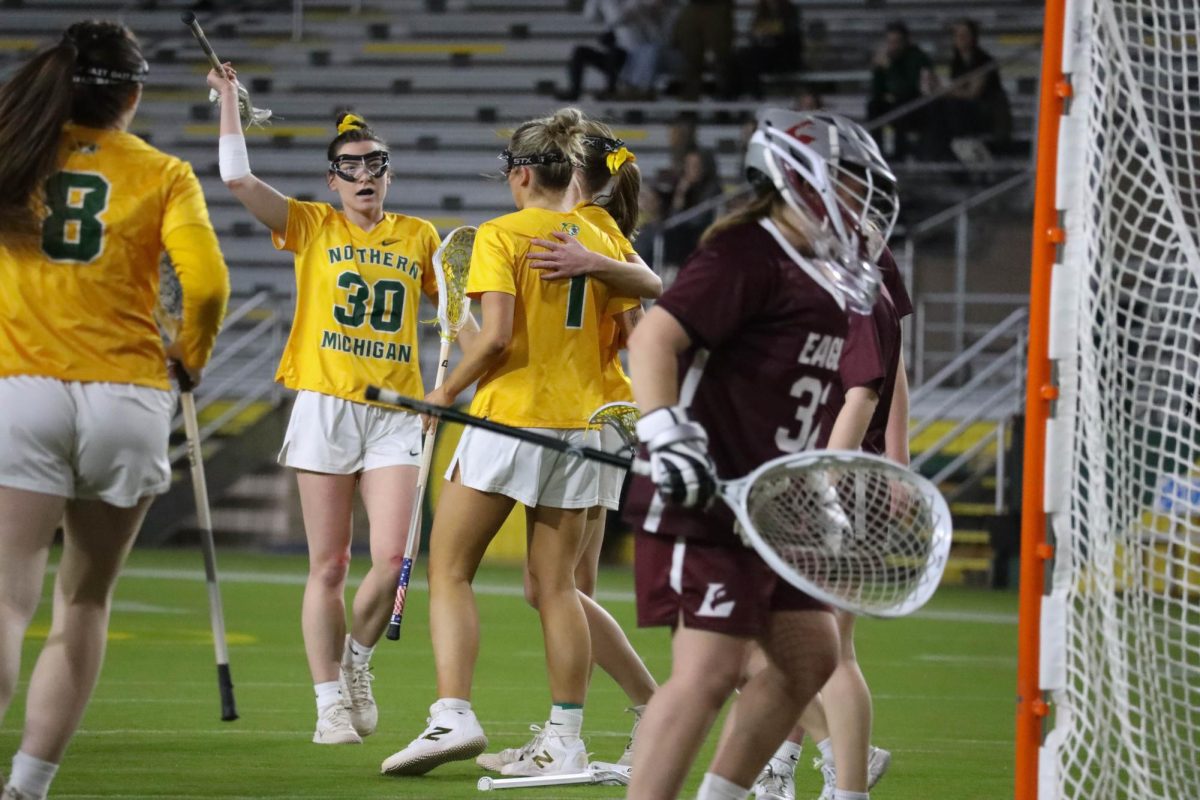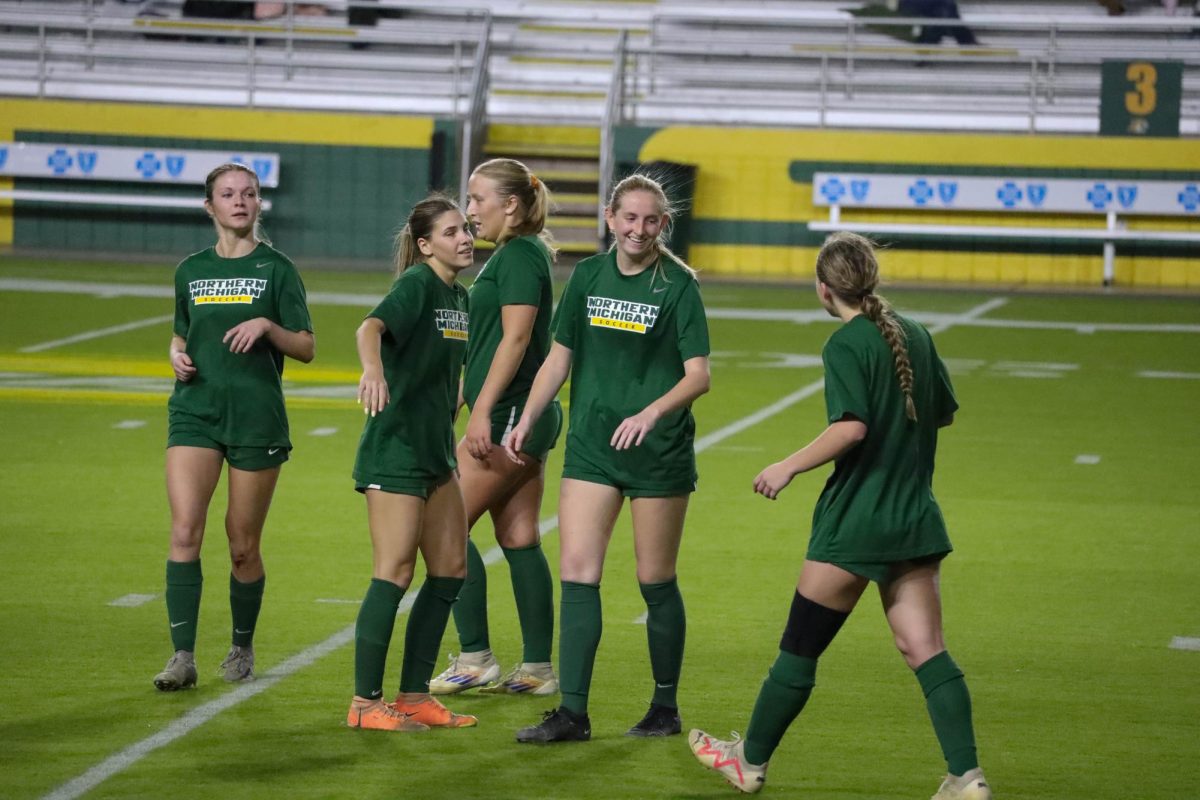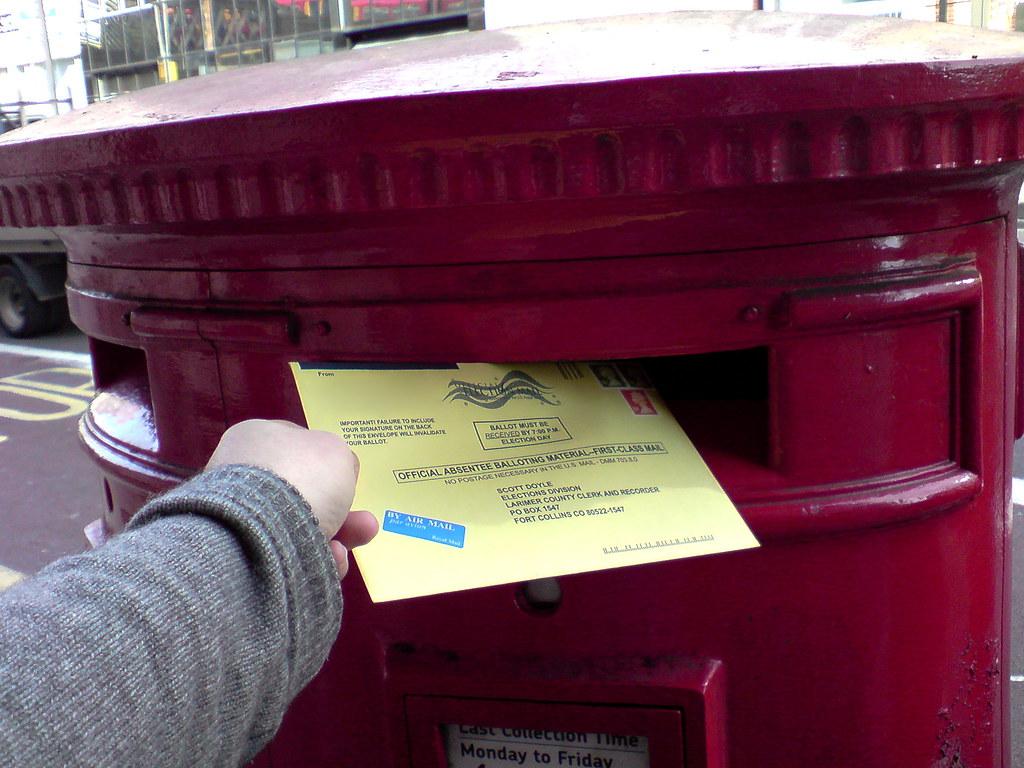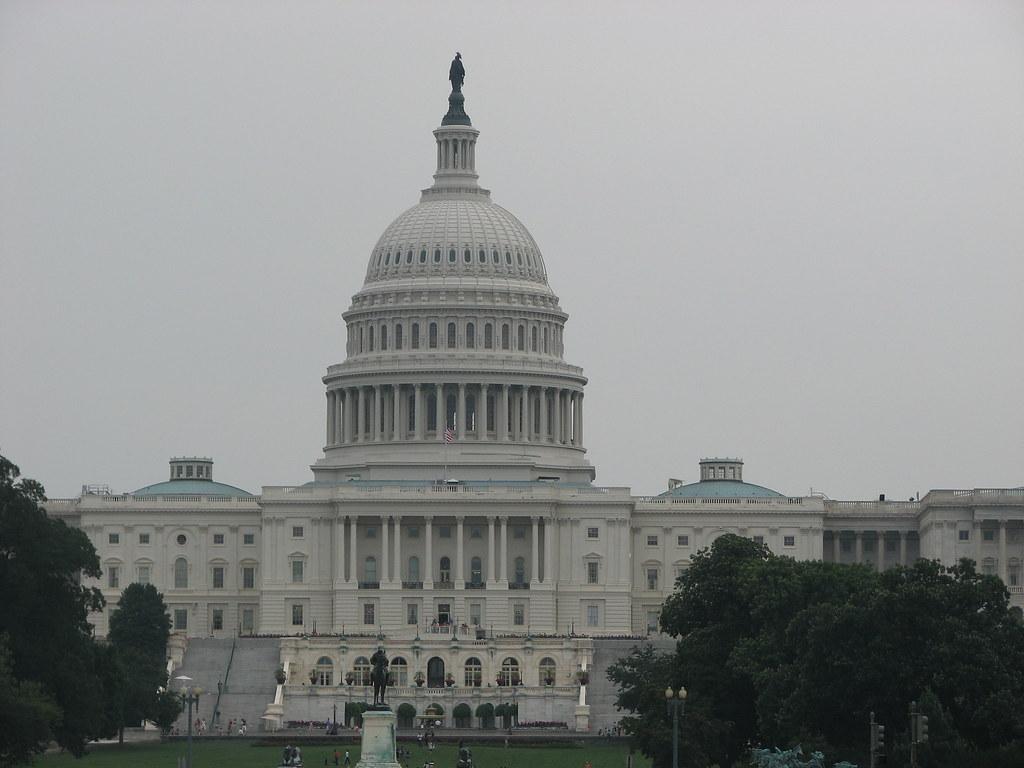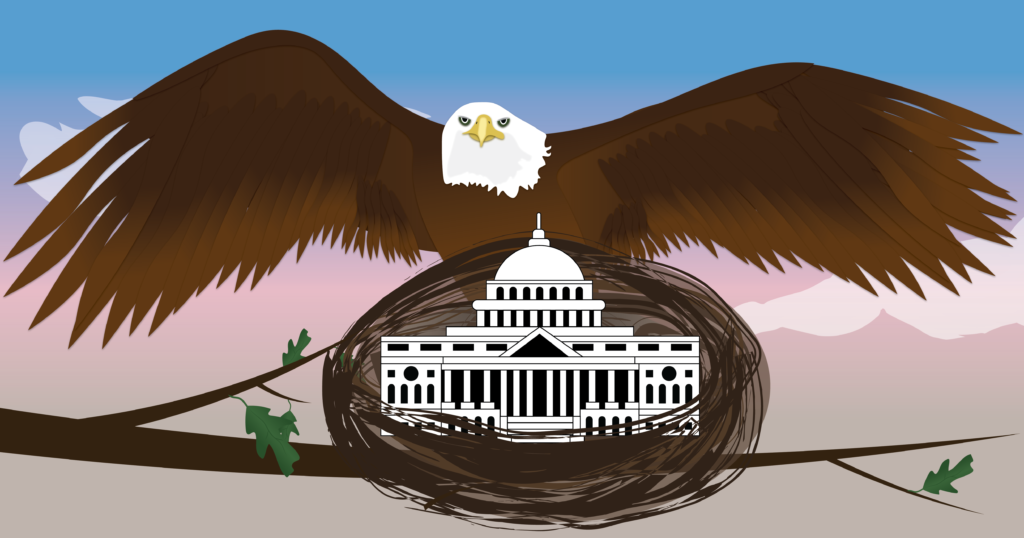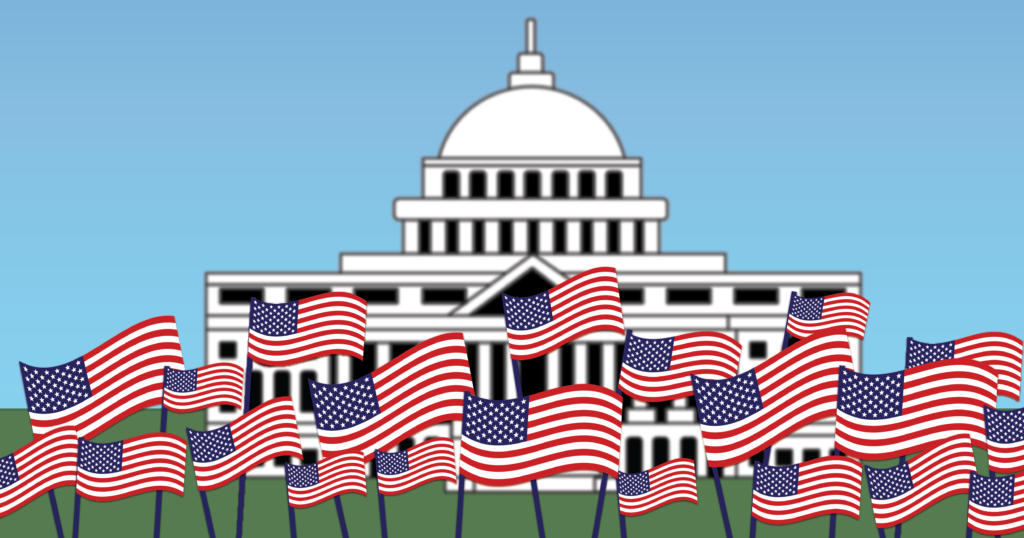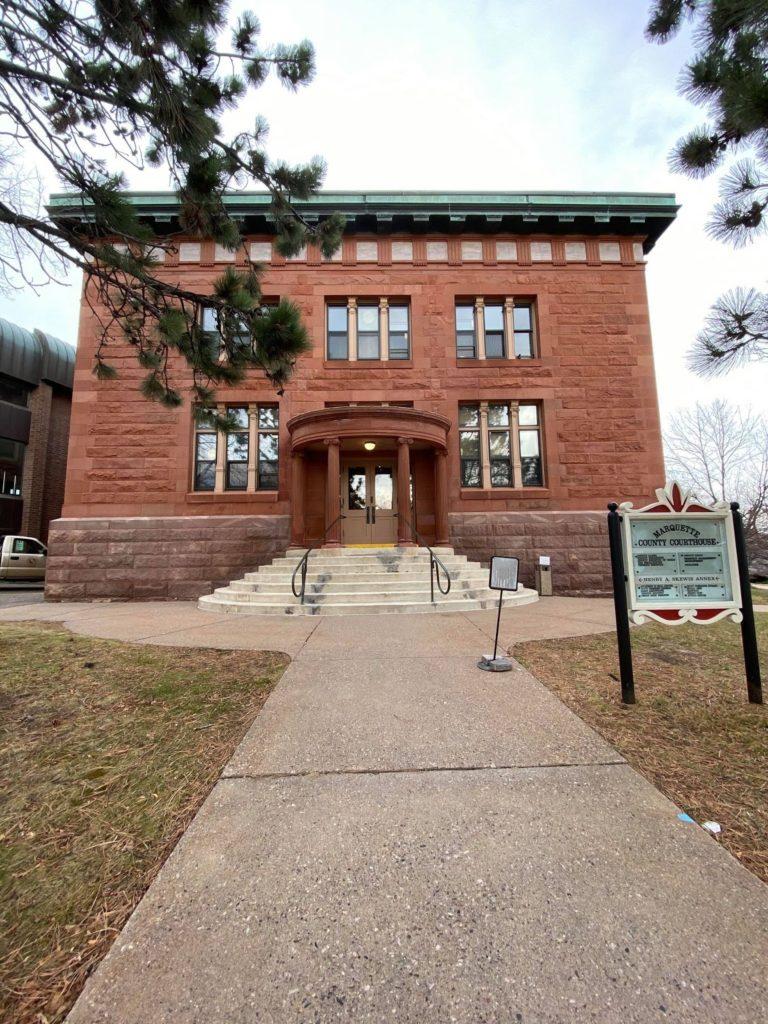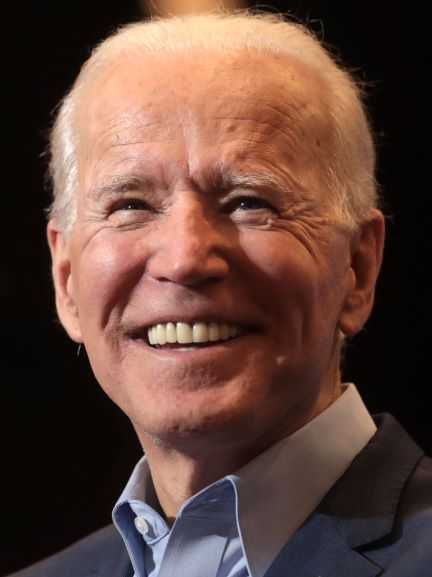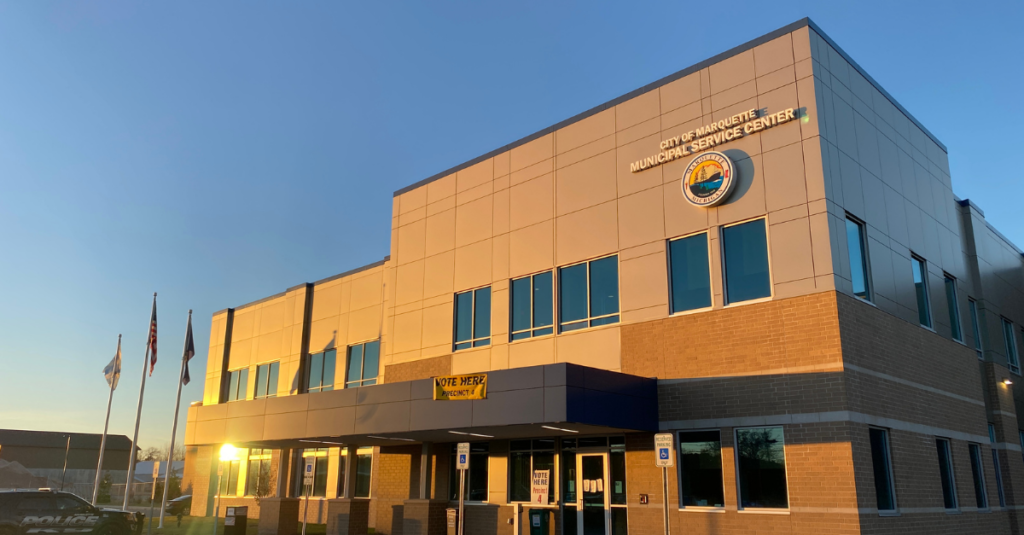As the time for political action approaches, namely going to the polls or filling out a mail-in or online ballot, many young people, especially students may feel conflicted about their role in our democracy. Is it the responsibility of young people to participate in government and decision making?
There are various barriers for students to vote, whether those are related to time, education about candidates, or feelings of personal efficacy.
“Young citizens in the United States have become the least involved and least politically active segment of the population. They are an important voting block not only in actual numbers but because their lack of political interest and participation may foretell a less politically engaged future electorate” according to a 2007 study on “Political information efficacy and young voters.”
Some feel it is unfair to blame young people and particularly students for our notoriously low participation in elections. Voting can be intimidating and stressful, and it is understandable to be turned off from it given the tension-fraught and information-overloaded political world we live in. Many debated policies might not directly affect young people, as well, so the feeling of urgency doesn’t come into play, and it is easy to feel that politicians don’t much care what happens to young people because they are focused on winning the votes of more politically active generations.
Personal responsibilities also make it difficult to find time, energy and motivation to vote. Students have a great deal on our plates, especially this year. This combines with practical issues. For example, how does one acquire an absentee ballot by filling out paper forms, during the COVID-19 pandemic, without access to a personal printer? It’s the little things that end up dissuading people from participating in elections. For some, political action of any kind is simply not a priority.
Others worry about the level of education for young people, and maintain that voters who do not feel educated on the topics at hand should abstain from voting. This view places the responsibility of educating people on the campaigns of political candidates, as well as the individual.
“Voter ignorance can have a direct impact; election outcomes can be determined by voters who vote contrary to what they should or likely would have voted if they had been fully informed,” according to the political information efficacy study.
Although there are many resources available to educate voters on the policies, financial backings and personal histories of candidates, few people take the time or energy to take advantage of them.
Despite the barriers to student voting, there are also convincing reasons to encourage young people to take the time to educate themselves, jump through the hoops required to vote by mail, online or in person and cast their vote. Online and mail-in voting options also make casting votes significantly more convenient for this generation than ever before.
Though many become convinced that their single vote will surely not make or break an election, common sense tells us this attitude is harmful. If everybody said that their vote doesn’t matter, then few people would vote. If that mass mentality is adopted, it can drastically change the outcome of elections.
Some also feel that it’s alarming to see the small number of Americans who voted in the last election. Reducing this deficit in American voting is where our generation can make a difference. In this way, it’s incredibly important for young people to be involved in politics, even if it’s something as small, but still impactful, as voting.
After all, voting impacts policies that shape the country our generation will soon inherit.





